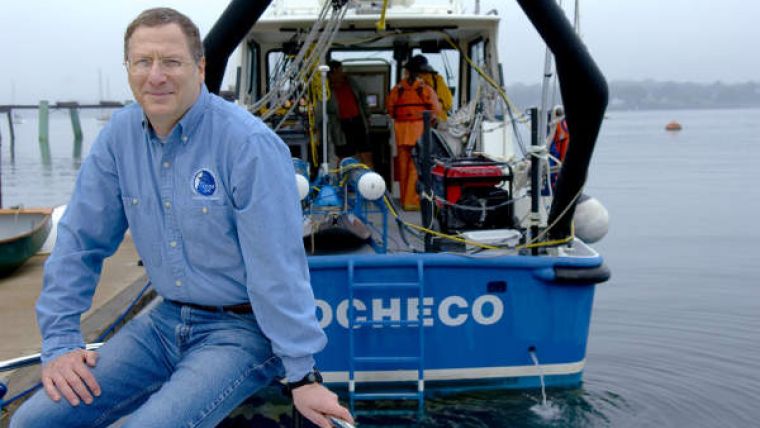UNH Launches School of Marine Science and Ocean Engineering
The University of New Hampshire (UNH) has announced the launch of its new School of Marine Science and Ocean Engineering marking an integration of the university’s various marine-related research, teaching and outreach activities. The new school, the first interdisciplinary school at UNH, will provide graduate courses, certificates and degrees and will draw faculty from every college within the university.
UNH President Mark W. Huddleston, who announced the new school, said that whether responding to an oil spill, mitigating the effects of climate change, or launching an aquaculture solution to declining fish stocks, the knowledge will transcend biology, chemistry, engineering, economics, policy and oceanography, among other disciplines. The School of Marine Science and Ocean Engineering will break the silos that previously separated these talents at UNH and unite them to provide comprehensive solutions to increasingly complex issues facing the ocean resources.
Larry Mayer, director of the new School of Marine Science and Ocean Engineering and director of UNH’s Center for Coastal and Ocean Mapping/Joint Hydrographic Center, emphasises that the ocean is interdisciplinary, and so will be the way it is studied.
By most metrics, UNH is among the top 10 universities for marine science and ocean engineering, Mayer added. Marine-related research activities bring USD25 million annually into the university, comprising nearly a quarter of UNH’s research portfolio. Currently, nearly 70 faculty members from 14 departments in three colleges teach marine and ocean engineering-related courses to 300 undergraduate and 100 graduate students. UNH research has a regional, national and international impact on all aspects of the marine environment, from protected estuaries to the open ocean, from the seafloor to the atmosphere above, from the water column to the plant and animal life that inhabits it.
The School of Marine Studies and Ocean Engineering operates two research vessels, the R/V Gulf Challenger and the R/V Coastal Surveyor, as well as numerous smaller boats. It maintains three major facilities – the Judd Gregg Marine Research Complex in New Castle, the Jackson Estuarine Laboratory on Great Bay in Durham, and the Chase Ocean Engineering Laboratory on the UNH campus in Durham – and supports the Shoals Marine Laboratory on Appledore Island.
Administratively housed in UNH’s Institute for the Study of Earth, Oceans and Space (EOS), the new school will focus on research and graduate education. The new school will be home to three doctoral programmes in areas of existing strength: ocean engineering, oceanography, and marine biology. The school will also develop graduate courses and certificate programs in sought-after realms like coastal planning and adaptations to climate change. Undergraduates will continue to pursue marine-related studies within the various majors’ current departments.
The University of New Hampshire, founded in 1866, is a world-class public research university with the feel of a New England liberal arts college. A land, sea and space-grant university, UNH is the state's flagship public institution, enrolling 12,200 undergraduate and 2,300 graduate students.
Image: Larry Mayer is the director of the University of New Hampshire’s new School of Marine Science and Ocean Engineering. Mayer, a professor of Earth science and ocean engineering, is also director of UNH’s Center for Coastal and Ocean Mapping and co-director of the UNH-NOAA Joint Hydrographic Center. Image courtesy: Lisa Nugent, UNH Photographic Services.














